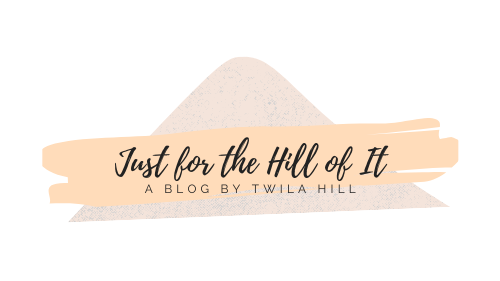Welcome back #fitfam and thank you for reading! So, you’ve been eating right, consistently working out and using active recovery on your days off…you even managed to find some healthy snack alternatives for your ‘cheat’ days…and now you’ve discovered that you have an injury. Whether its a strain, sprain, pull, tear, or break, there’s discomfort or even pain and your ability to workout is significantly impaired.
Don’t worry, you don’t have to lose all of your progress while you’re on the mend. Today I’m going to share a few tips to help keep you on track and moving closer to your goals.
The first thing to do is to understand the limitations of your body in it’s current state. If you have an upper body injury, obviously you want to limit exercises that put strain on the injured body part, the same can be said for lower body. The most difficult injuries to work around are core muscle and back injuries because they are central components to pretty much every move your body will make. If your core muscles or back are injured, as long as your doctor approves, I recommend walking to keep you going until you’re cleared to return to regular exercise. For upper and lower body injuries, work on isolation exercises and replace weights with resistance bands. Use seated exercises as well to aid in gaining leverage. You would be surprised by how many seated or chair circuits you can do; these are popular amongst senior citizens who have limited mobility.
Next, embrace therapeutic stretching and movements to allow your body to maintain flexibility, this functions as active recovery and allows you to potentially become more flexible when you get back to working out. A great advantage to stretching is that it helps you burn calories at a higher rate than if you simply waited to recover and just sat around the house sulking. This is also a good time to spend researching new exercises to try, especially if your injury was caused by wear and tear from repeated movements during workouts.
The last tip for today is to maintain your diet or take the time in recovery to improve it. There are foods in pretty much every grocery store that will aid in healing. It’s never a bad idea to eat right, but imagine if your diet made your body become more responsive to exercise and recovery therapy. Unripe bananas, ginger, honey, herbal tea, salmon, eggs, and leafy green veggies will compliment your recovery routine and potentially speed up the body’s healing process. The combination of ‘healing power’ foods and modified exercise will ensure that you at least maintain your fitness level and get back to being your awesome self!
Lastly, I have training programs as low as $75/month that will supplement and guide you to your goals.
If you are interested in following along with my journey or contacting my company, I can be found on social media platforms:
Website – Total Camo Fitness
Facebook – Total Camo Fitness
YouTube – Total Camo Fitness







Love that you included diet as this is my tip that helped me with sore muscles. Especially food high in omega 3 and protein.
Diet is such an important aspect of feeling good and healing/recovering. Since most of us are not highly paid athletes with access to the best of everything, we have to take an educated approach to getting fit, staying fit, and healing when we’re injured.
This is really helpful as I’ve been frustrated to stop everything with even a small injury before.
It’s a stay thing to continue working out when you’re on the mend, but as long as the doctor approves, it’s best to keep going but in a safe and aware manner.